Discover Slovenia's highest peak and national symbol - a stunning limestone mountain offering breathtaking views of the Julian Alps, emerald lakes, and pristine Alpine valleys
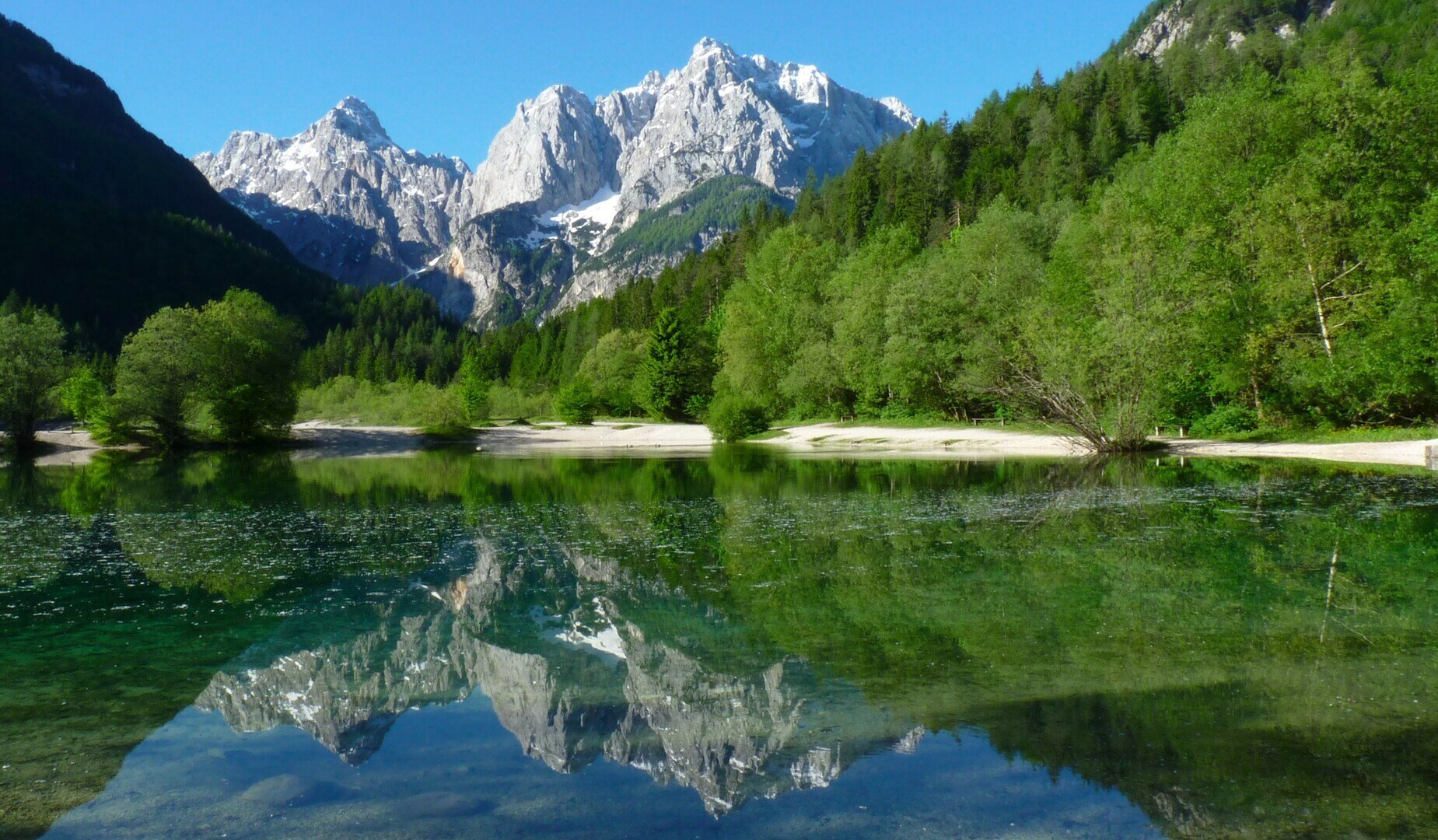
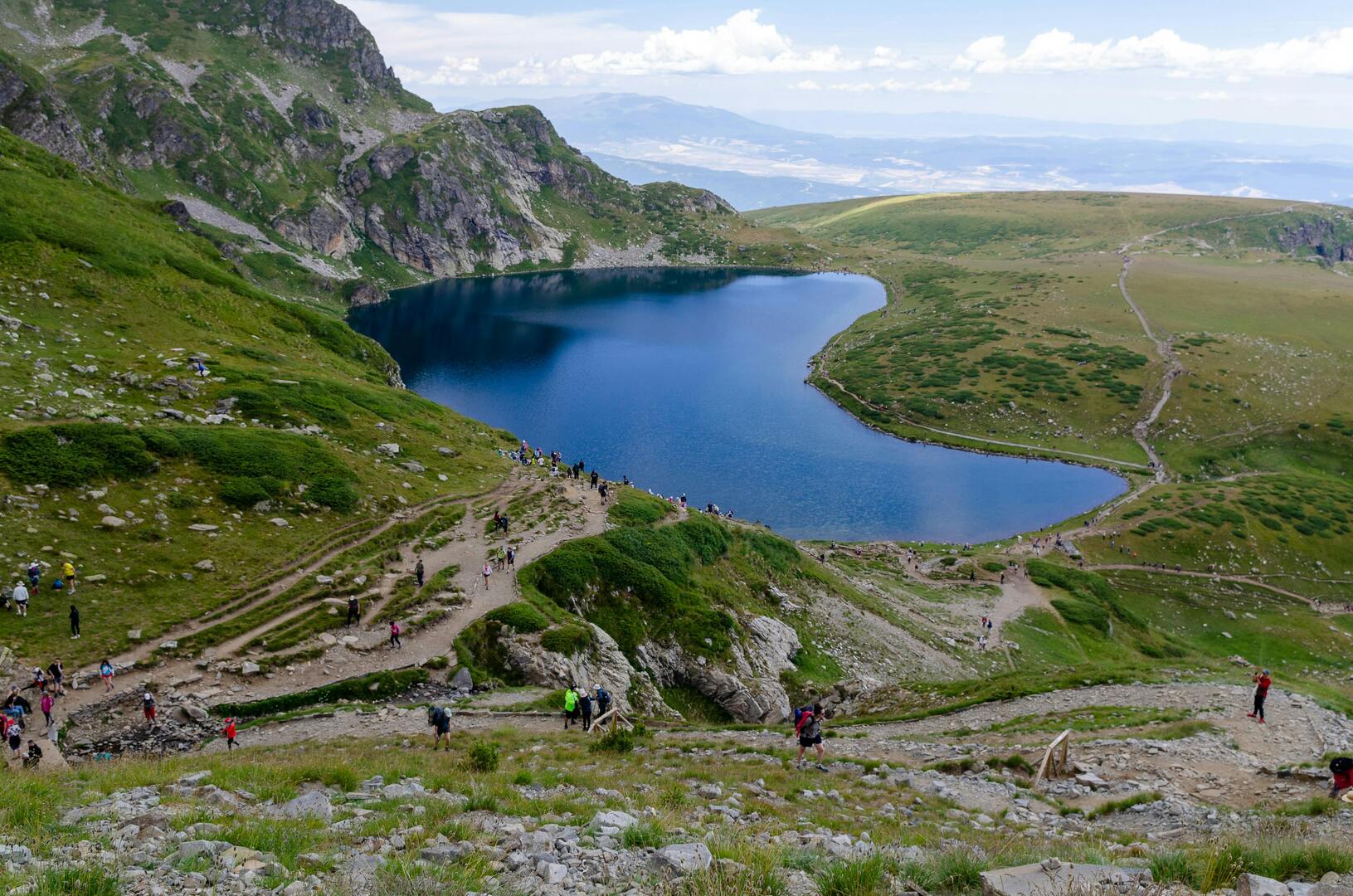
Discover the most spectacular natural treasures of Slovenia on a full-day tour of Triglav National Park from Bled. See the amazing Pericnik Waterfall, go on wonderful hikes, and more.
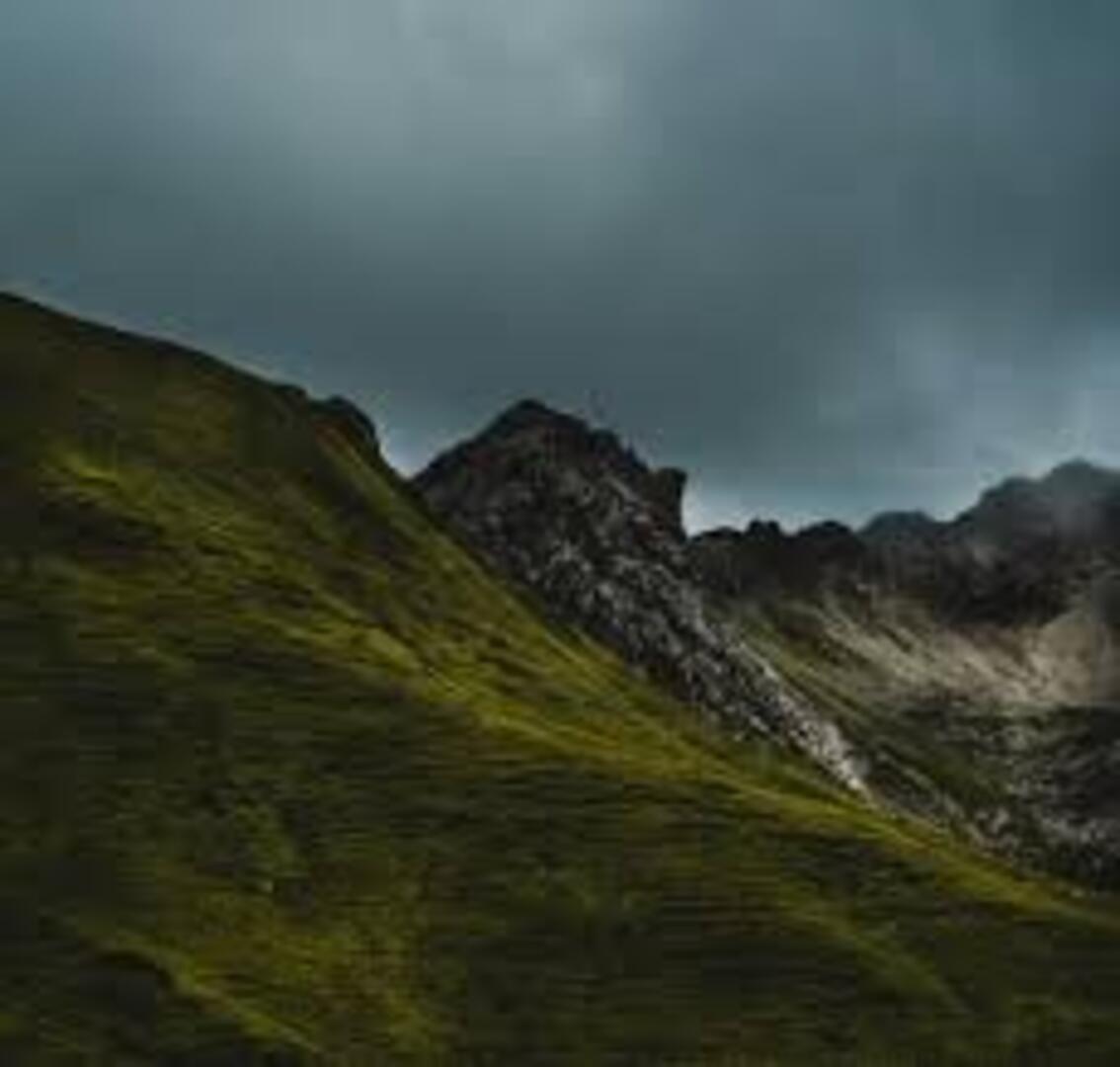
Challenging route through the dramatic Vrata Valley offering spectacular views of Triglav's north face, alpine meadows, and the Pericnik waterfall. For experienced hikers seeking to explore the heart of the Julian Alps.
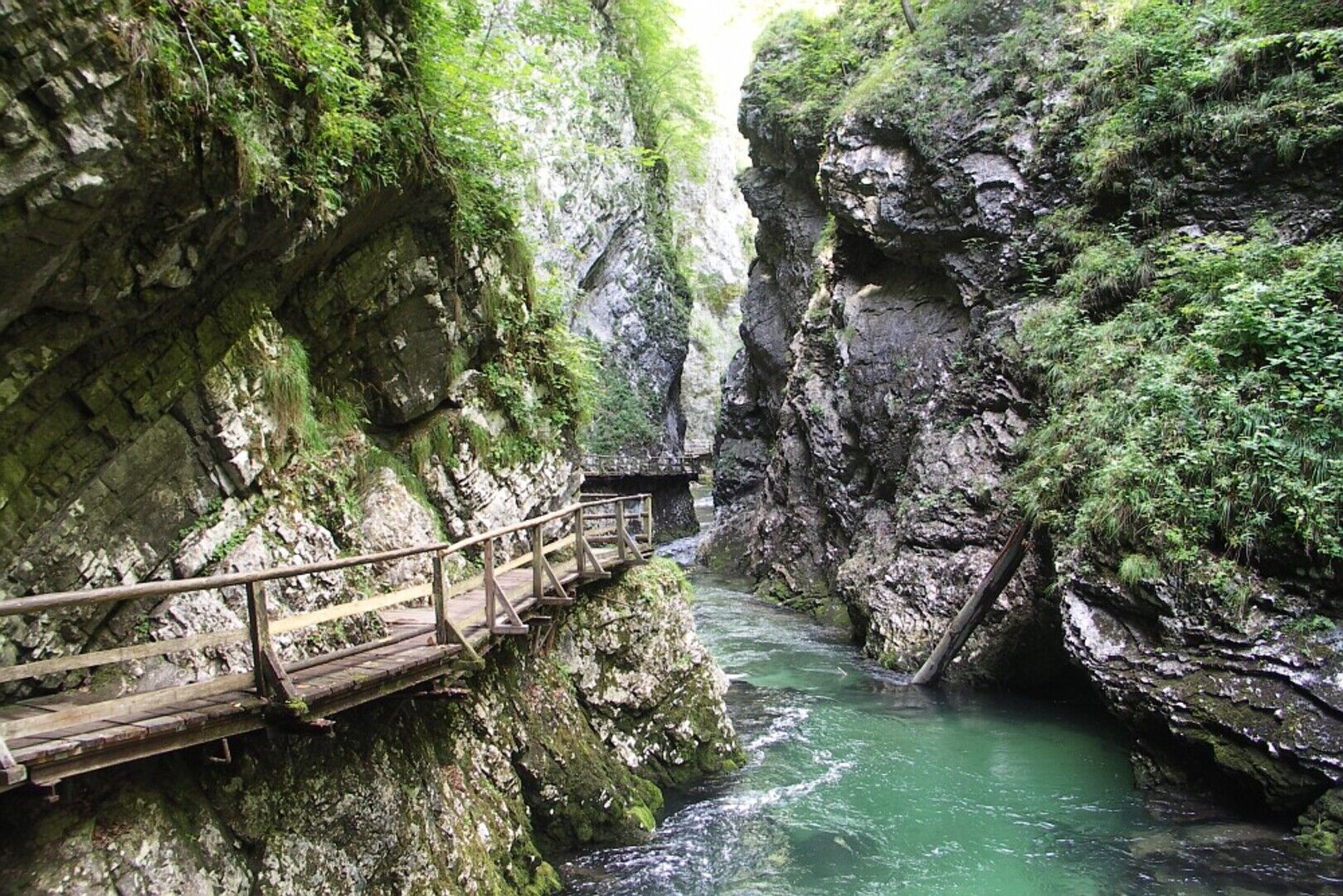
Scenic walkway trail through dramatic limestone gorge offering stunning views of turquoise Radovna River, waterfalls, and natural pools. Perfect for families and those seeking accessible Alpine beauty.
Mount Triglav, rising 2,864 meters above the Alpine valleys, stands as Slovenia's highest peak and most cherished national symbol. Its distinctive three-headed limestone summit has made it an icon of Slovenian identity and Alpine mountaineering tradition.
The mountain is the centerpiece of Triglav National Park, Slovenia's only national park, which protects pristine Alpine landscapes including emerald lakes, dramatic gorges, and unique karst formations. The area is home to chamois, ibex, golden eagles, and rare Alpine flora endemic to the Julian Alps.
Triglav lies within the heart of the Julian Alps, a UNESCO Biosphere Reserve that showcases some of Europe's most spectacular limestone peaks, crystal-clear mountain lakes, and traditional Alpine culture.
Explore Mountain Features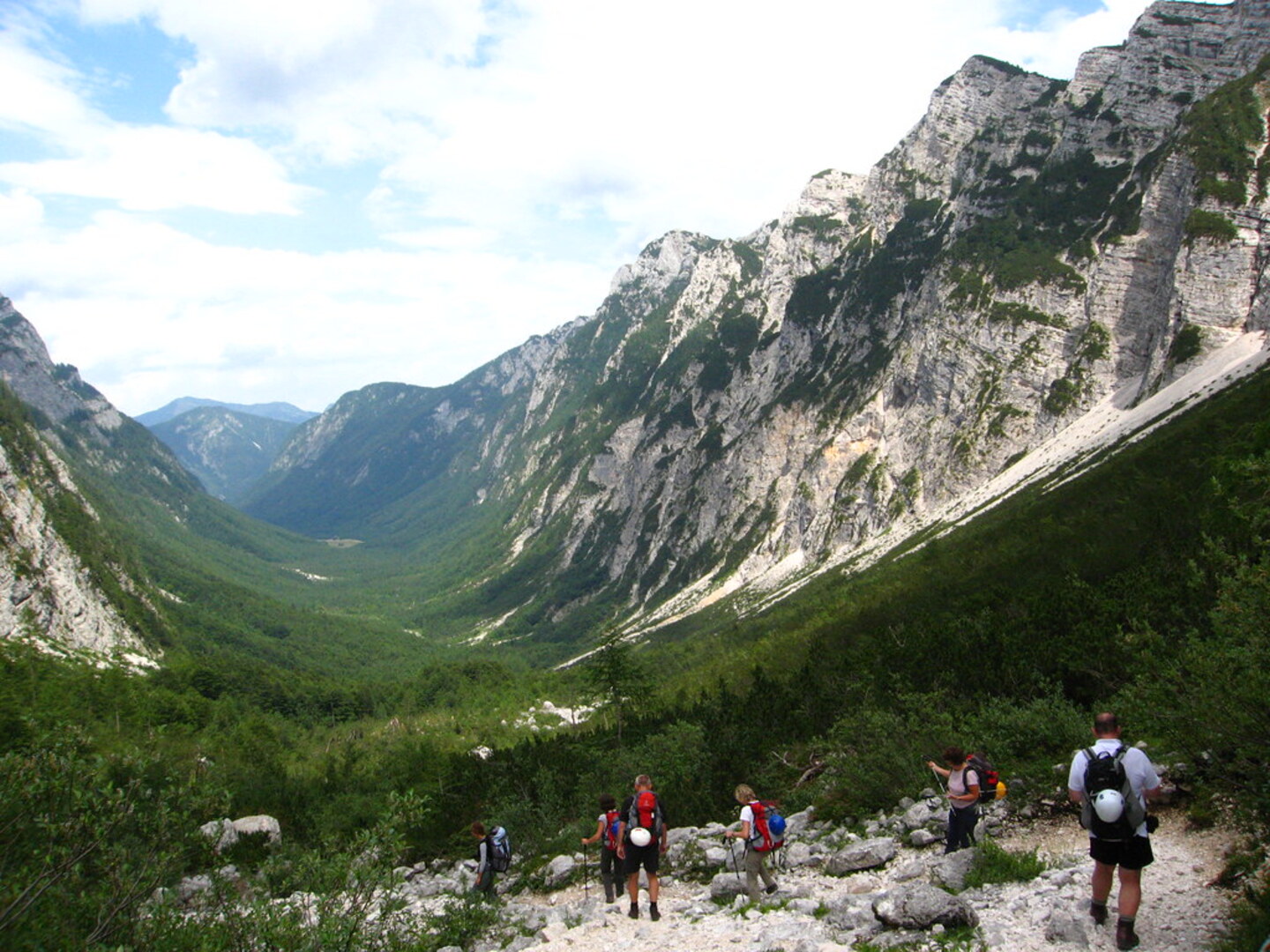
Experience Slovenia's highest peak and most beloved national symbol, with its distinctive three-headed limestone summit and deep cultural significance to the Slovenian people.
Spot chamois, ibex, golden eagles, and unique Alpine flora including endemic species found only in the Julian Alps and surrounding limestone ranges.
Discover stunning glacial lakes like Lake Bled and Lake Bohinj, crystal-clear mountain tarns, and the famous Valley of Seven Lakes with their pristine turquoise waters.
Capture the dramatic limestone peaks, pristine mountain lakes, lush Alpine meadows, and traditional mountain huts that define the Julian Alps landscape.
Triglav has been a sacred mountain for Slavic peoples for over a millennium, with its name meaning "three heads" referring to its distinctive three-peaked summit. The mountain holds deep spiritual significance in Slovenian culture and appears on the national flag and coat of arms.
The first recorded ascent was in 1778 by four local men from the Bohinj valley: Luka Korošec, Matevž Kos, Štefan Rožič, and Lovrenc Willomitzer. This historic climb established a tradition that continues today - every Slovenian considers climbing Triglav a patriotic duty.
Now the centerpiece of Slovenia's only national park, Triglav continues to inspire with its pristine Alpine beauty, rich mountaineering heritage, and role as a symbol of Slovenian national identity and the natural beauty of the Julian Alps.
Learn more about Triglav's history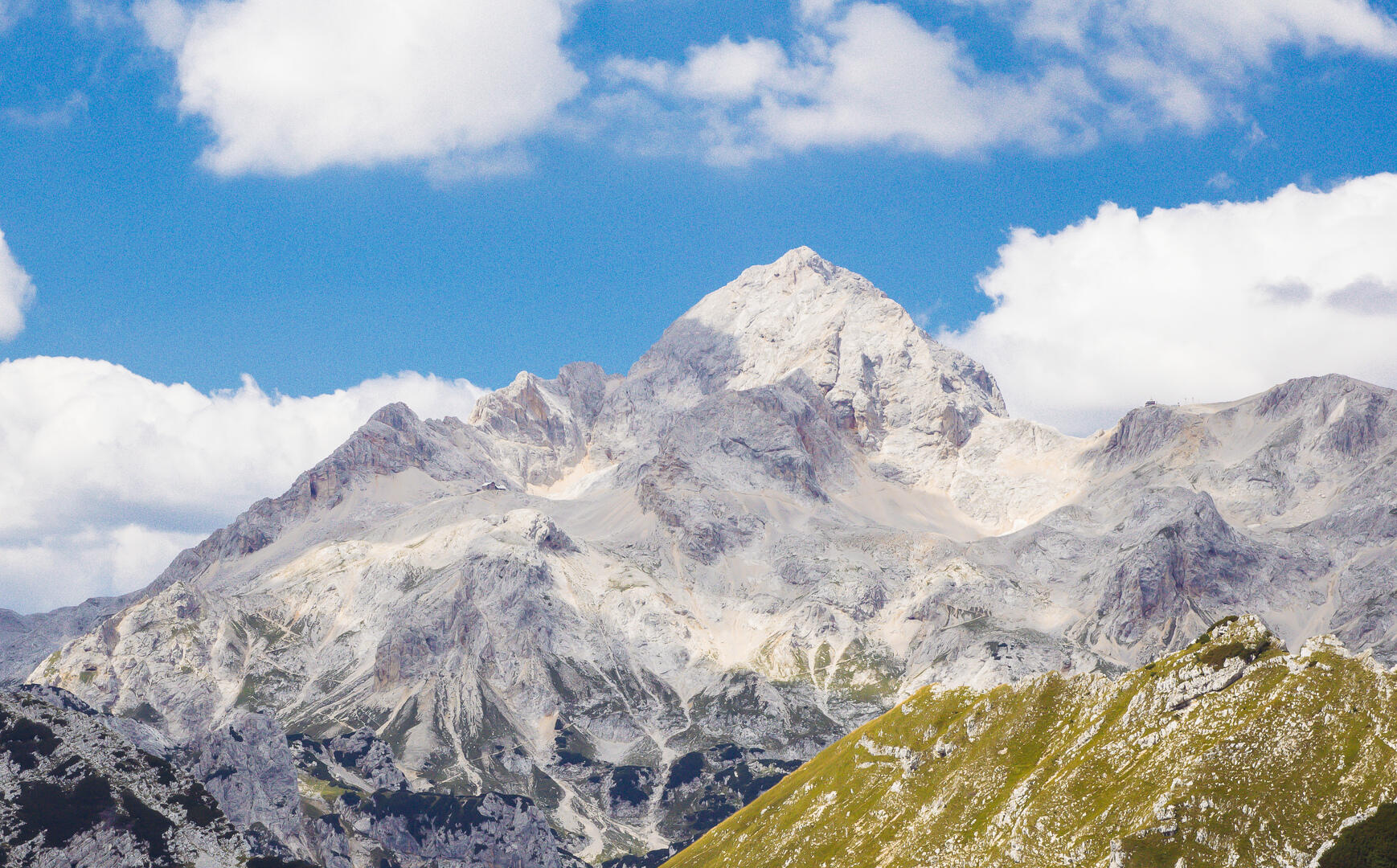
The distinctive limestone formations of Triglav offer some of the most dramatic and recognizable mountain profiles in the Alps, with vertical walls and unique karst features that challenge climbers and inspire hikers.
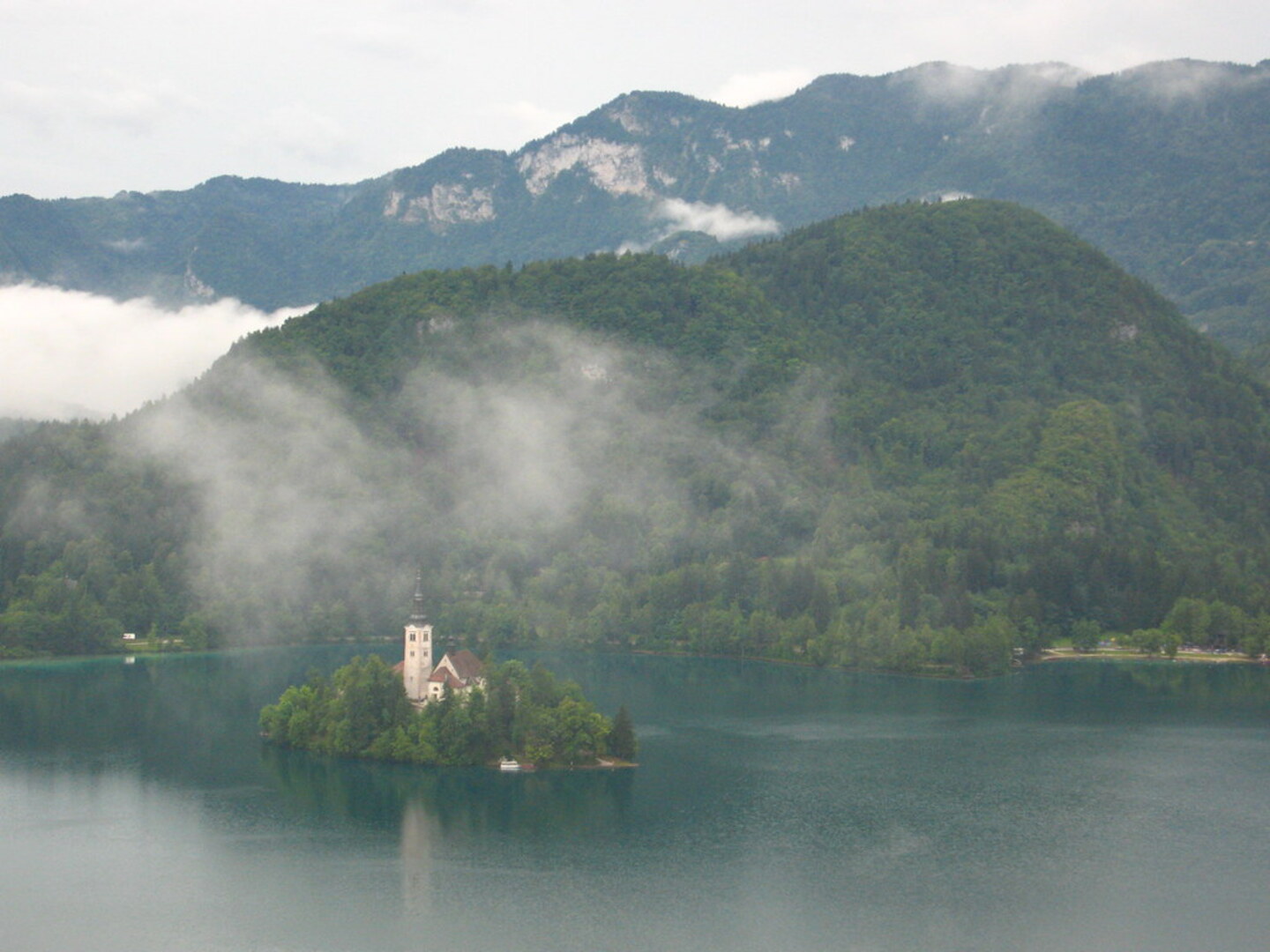
The iconic Lake Bled with its island church and castle, along with pristine mountain lakes throughout the Julian Alps, offers some of the most photographed Alpine scenery in Europe with Triglav as the majestic backdrop.
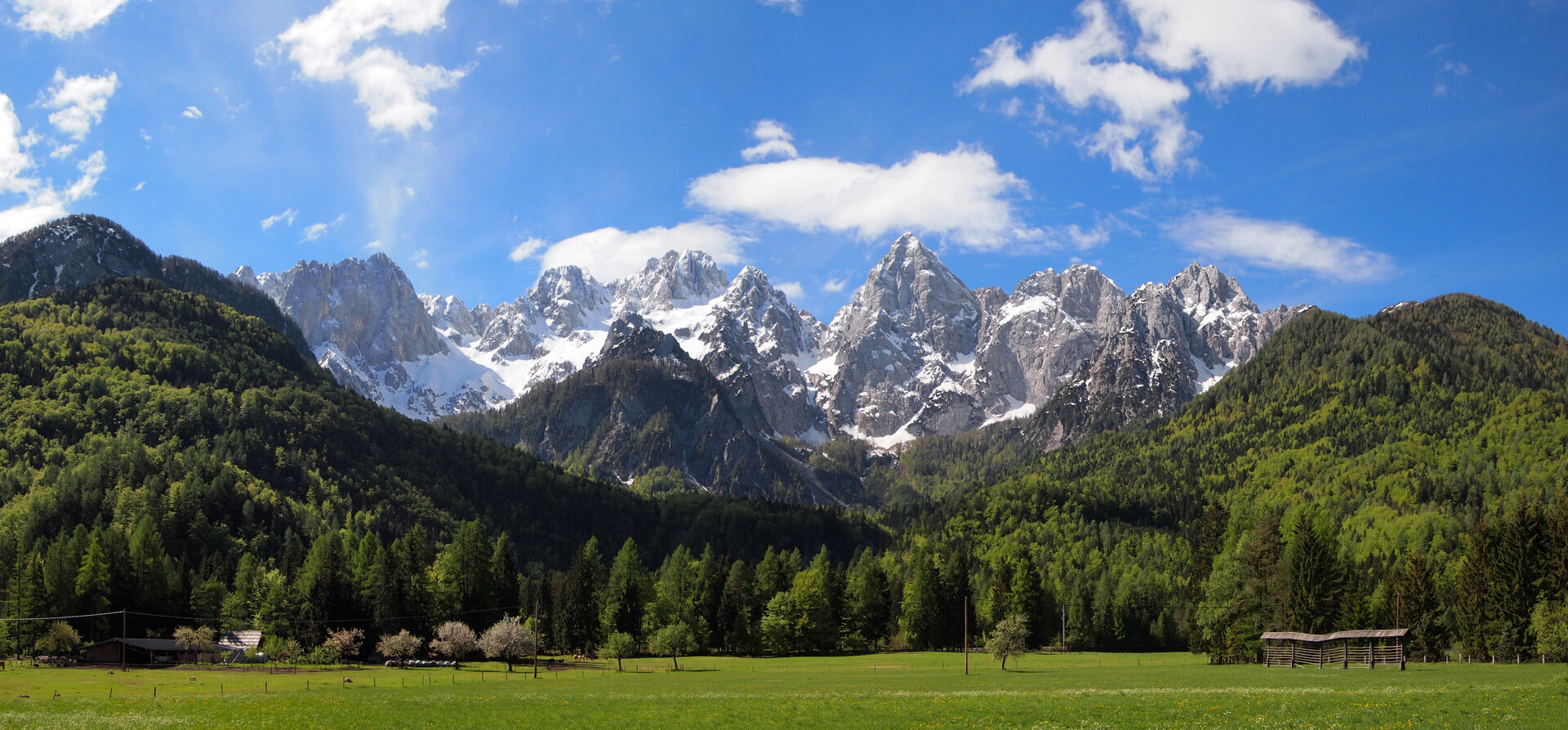
The vast Julian Alps range, protected as a UNESCO Biosphere Reserve, provides a stunning backdrop to Triglav with pristine limestone peaks, deep valleys, and traditional Alpine culture.
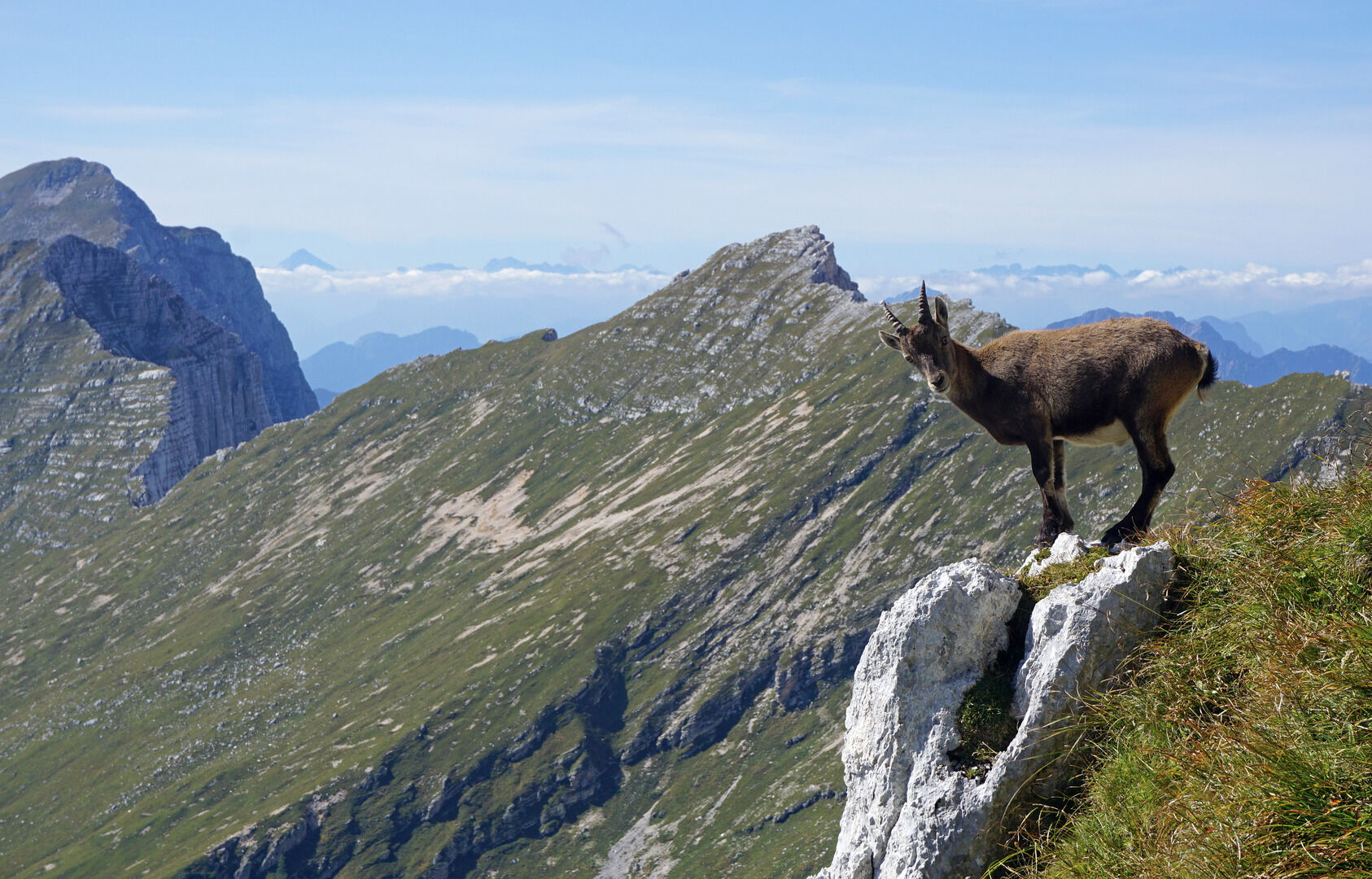
Watch for chamois bounding across rocky slopes, ibex on high ridges, and golden eagles soaring above the peaks - an integral part of the Triglav experience in Slovenia's pristine Alpine wilderness.
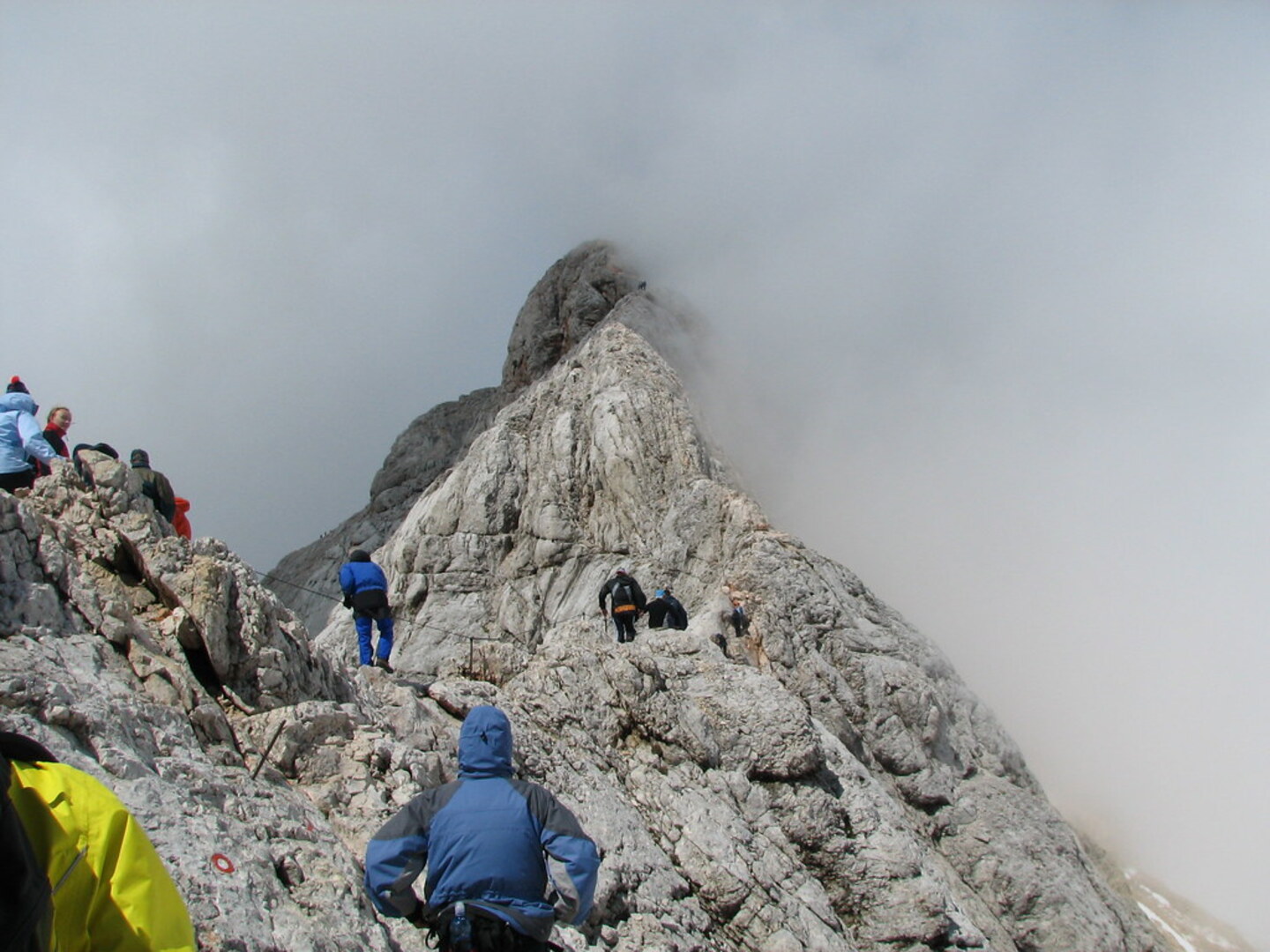
Prepare for your journey with these essential tips:
Address: Mount Triglav, Triglav National Park, Julian Alps, Slovenia
Coordinates: 46.3787°N, 13.8378°E
Located in Triglav National Park in the Julian Alps, accessible from Bled, Bohinj, or Kranjska Gora. Main trailheads start from various valleys throughout the park.
Wear sturdy mountain boots, layered clothing for all weather conditions, and waterproof gear. Alpine weather is unpredictable and can change rapidly.
Some easier trails around Lake Bled and Vintgar Gorge are suitable for families. The main Triglav summit trails are demanding and require excellent fitness. The summit is for experienced mountaineers only.
Most trails in Triglav National Park are free to access. However, some attractions like Vintgar Gorge have entry fees, and mountain huts charge for accommodation and meals.
Absolutely. Triglav offers spectacular photo opportunities, especially from Lake Bled and various Alpine viewpoints. Please stay on marked trails and respect the pristine Alpine environment.
June to September offers the best conditions, though weather is always unpredictable in the Alps. Winter hiking requires mountaineering experience due to snow and ice conditions.
Some areas around Lake Bled and certain park facilities have accessible paths, but the mountain trails themselves are not wheelchair accessible due to their steep and rocky terrain.
Look for chamois, ibex, golden eagles, and unique Alpine flora including endemic species found only in the Julian Alps and surrounding limestone ranges.